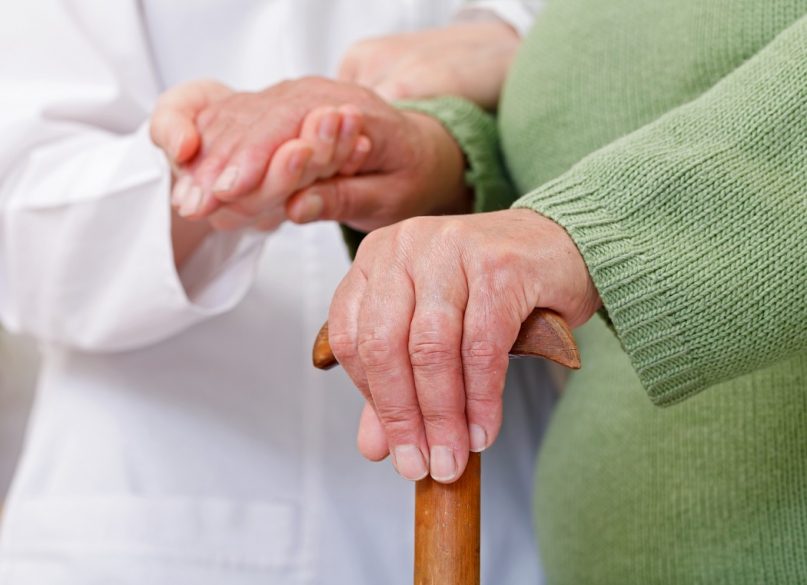
Watching your parents get older can do a real number on you mentally. As a kid, you think your parents will be around forever. But the older you get, the more grief and terror you may feel at the idea of your parents aging, especially if that means they’re not able to care for themselves. A lot of adult children decide their parents will never go into a nursing home, but that’s often not realistic. If you’re faced with that decision, you have a lot of research to do. First, you’ll want to ensure your parent is safe. To do that, you’ll need to investigate nursing home abuse.
Rates of Elder Abuse
The World Health Organization reports that about in one in 6 people over the age of 60 experienced “some form of abuse in community settings” within the last year. More shockingly, WHO reports that “two in three staff reported they have committed abuse in the past year.” Of course, abuse doesn’t only have to be physical. It can also be emotional or financial. There are multiple ways to take advantage of an elderly person who is vulnerable, and many nursing home workers are either poorly trained or just not scrupulous enough.
In the worst-case scenario, nursing home abuse or neglect can lead to the death of a patient. Davis Kelin Law Firm in New Mexico lists a few different things that can lead to wrongful death, including infections, falls, and unsanitary conditions. That’s not to say every facility is rife with abuse, but it’s more commonplace than we’d like to believe. It’s a major public health issue that often goes ignored. When that happens, elderly people and their family members suffer the most.
Reporting Nursing Home Abuse
There’s another problem, too: like a lot of crimes, nursing home abuse is often underreported. There are a few reasons that can happen. The previously mentioned World Health Organization estimates that only one in 24 cases of elder abuse ever gets reported. Fear is a big reason for that.
Why would a patient in a nursing home be afraid to report abuse? They may fear that no one will believe them. As people age, they often find it’s harder to be taken seriously. If they’re suffering from cognitive impairments, they may believe that the abuser will just say, “You can’t trust her; she doesn’t know what she’s talking about.” They will (not incorrectly) believe that the abuse might just get worse if they report it and no action is taken because now the abuser will be seeking revenge.
That means it’s up to family members to check with local and state nursing home regulators. You should be able to get a record of what, if any, incidents have been reported at the facility in the past year. Try to get as complete a record as possible before signing your family member up to live in a nursing home, but also let them know that they should talk to you in private if someone is hurting them or taking advantage of them. Also look for sudden changes in health, including seemingly random injuries. If your relative seems scared around certain nursing home employees, take note.
Unfortunately, nursing home abuse is not always prosecuted. If the criminal justice system won’t act, your best remedy may lie in the civil court system. A nursing home injury suit allows you to try and recover some financial damages from the facility, and maybe even from the perpetrator who abused your relative. If the reported abuse happened in South Florida, then witnesses will appear for depositions in front of lawyers and court reporters in West Palm Beach. If the witness statements are damaging, the nursing home may offer to settle before it reaches trial. Your lawyer will tell you if you should accept the settlement or press on towards a jury trial.







